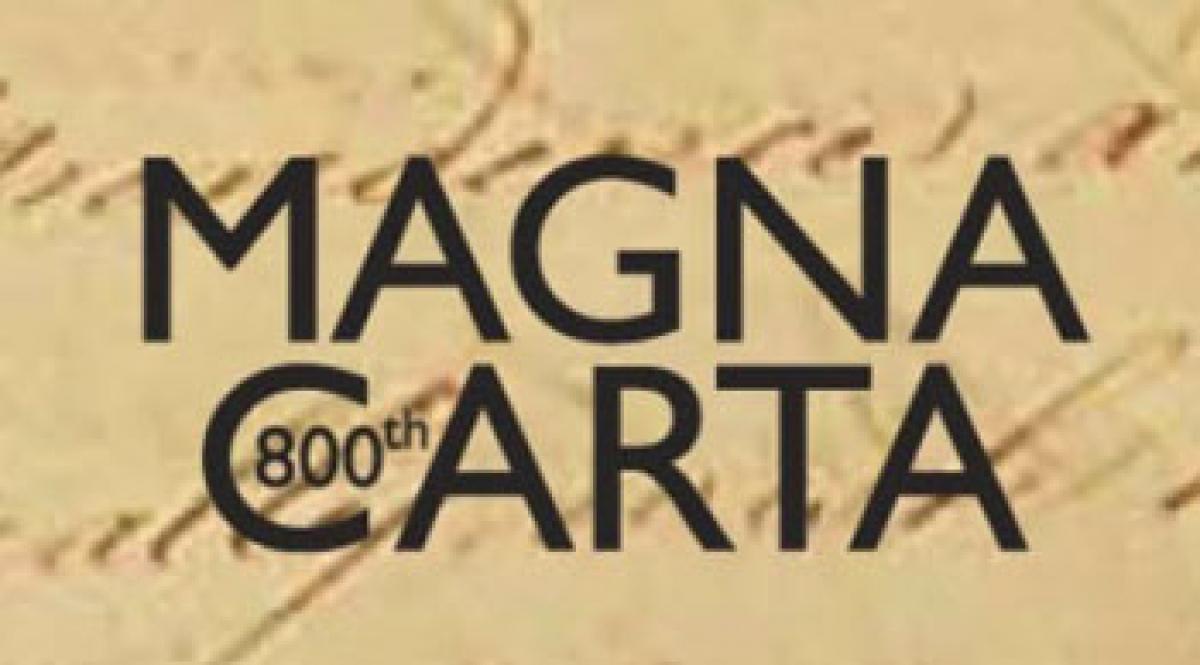Live
- TDP MP Candidate Keshineni Sivanath Challenges Kesineni Nani in Vijayawada
- Tennis: Andy Murray set for comeback at ATP Challenger Tour in Bordeaux
- Chirag Paswan knows nothing about reservation: Tejashwi Yadav
- Manchu Vishnu's dream project ‘Kannappa’ generates buzz with 'Prabhas' surprise entry
- IOA chief P.T. Usha expresses satisfaction with efforts to provide athletes with best support
- Lady Superstar Nayanthara wraps filming for ‘Mannangatti Since 1960’
- Kejriwal's interim bail will have bearing on LS poll results: Kerala CM
- PM Modi Outlines "Modi Guarantee" and Criticizes Opposition in Narayanpet
- Swati Sharma reflects on valuable lessons from her mother
- Arvind Krishna impresses as an aggressive cop in ‘SIT’ trailer





.jpg) Sir Winston Churchill's most famous wartime speeches will sit alongside the Magna Carta and the Bayeux Tapestry in a register of pivotal documents in world history. The announcement, on the 141st anniversary of Churchill's birth, means the archive will receive world-class preservation advice and assistance in promoting his words worldwide, reports
Sir Winston Churchill's most famous wartime speeches will sit alongside the Magna Carta and the Bayeux Tapestry in a register of pivotal documents in world history. The announcement, on the 141st anniversary of Churchill's birth, means the archive will receive world-class preservation advice and assistance in promoting his words worldwide, reports 



